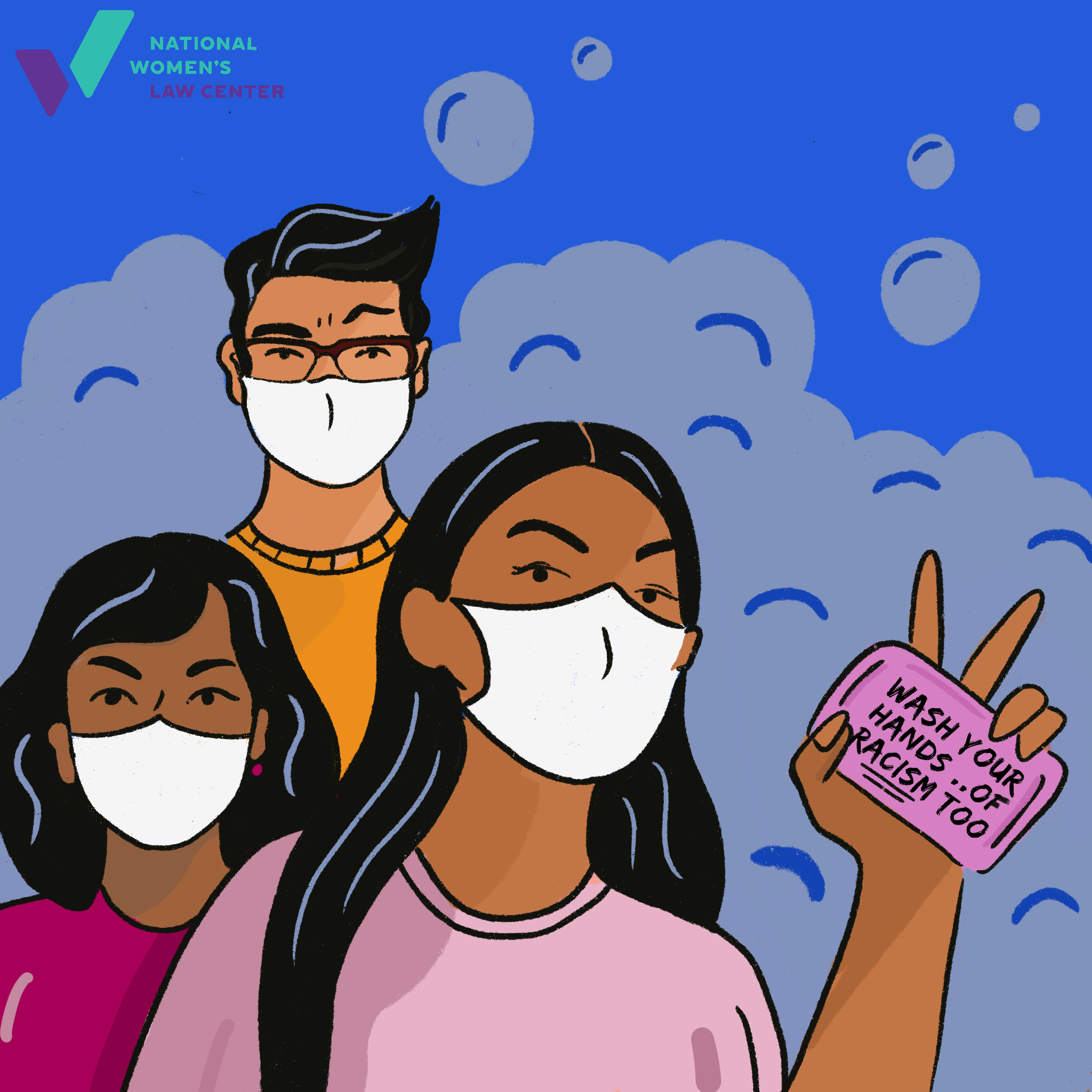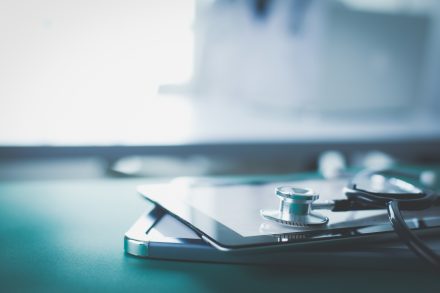What Do We Want: AANHPI Frontline Workers Are Worth Fighting For


When this pandemic first hit, I remember talking to my sister who works as a primary care physician in a busy metropolitan hospital. Her distress was audible as she shared her fear about seeing sick patients and unintentionally infecting her one-year-old or my elderly parents with the virus. She was also angry because she felt like she and her colleagues in the medical field were sacrificial soldiers fighting a war without any gear or weapons to protect themselves. During that same week, hearing about the one of many racially motivated attacks on Asian physicians further broke my heart. It was a painful reminder that people who look like me will always be seen as outsiders and scapegoats when times are challenging. AANHPI front-line providers across this country face the unique burden of putting themselves in harm’s way to treat this epidemic while suffering from anti-Asian sentiments from leaders of this country, strangers, and even their patients.
This global pandemic has devastated communities, especially low-income and communities of color. And women, particularly women of color, also dominate many of the front-line and essential jobs in this crisis. The AANHPI community is overrepresented in the front-line medical community. While the AANHPI community is approximately 6% of the U.S. workforce, 21% of physicians identified as Asian. Approximately 7% of physician assistants are Asian. 9% of registered nurse are Asian, and the percentage is higher in harder hit areas like New York (13%), New Jersey (18%), and California (34%).[1]
Our leaders have failed the AANHPI providers who have been disproportionately impacted by COVID-19. For many workers who are responsible for treating COVID-19 patients, their hospitals were unable to provide the necessary protective equipment or implement adequate protective measures to keep essential workers safe in their work environments. Meanwhile, the Trump administration was refusing to supply personal protective equipment to the states struggling to meet the demand and failing to take steps to ensure safe and healthy workplaces. Just last week, the Senate Majority Leader Mitch McConnell held hostage critical relief that could help address the immediate health care and economic needs of the populations most harmed and instead prioritized protecting big businesses from liability related to COVID-19. And while the Civil Rights Commission’s recent guidance to prevent the growing anti-Asian violence and harassment is a good start, our country’s leaders are still fanning the racist flames and using anti-China rhetoric and xenophobic policies to galvanize their base.
As we come together to celebrate AANHPI heritage month and the contributions of the AANHPI community, it is important to recognize the moment we are in. Let’s support each other and honor all the AANHPI essential workers: the medical providers, food service workers, childcare providers, researchers who are risking their lives to ensure others are fed and have critical treatment they need. We can also call attention to the daily realities and the real fear that front-line workers like my sister have about fighting COVID-19 while also confronting racism in the line of duty. The AANHPI community has a longstanding history of resilience in the face of adversity. We can shine in this darkness. Each and everyone one of you can show up for the AANHPI community and let us know that we are not fighting this battle alone.
